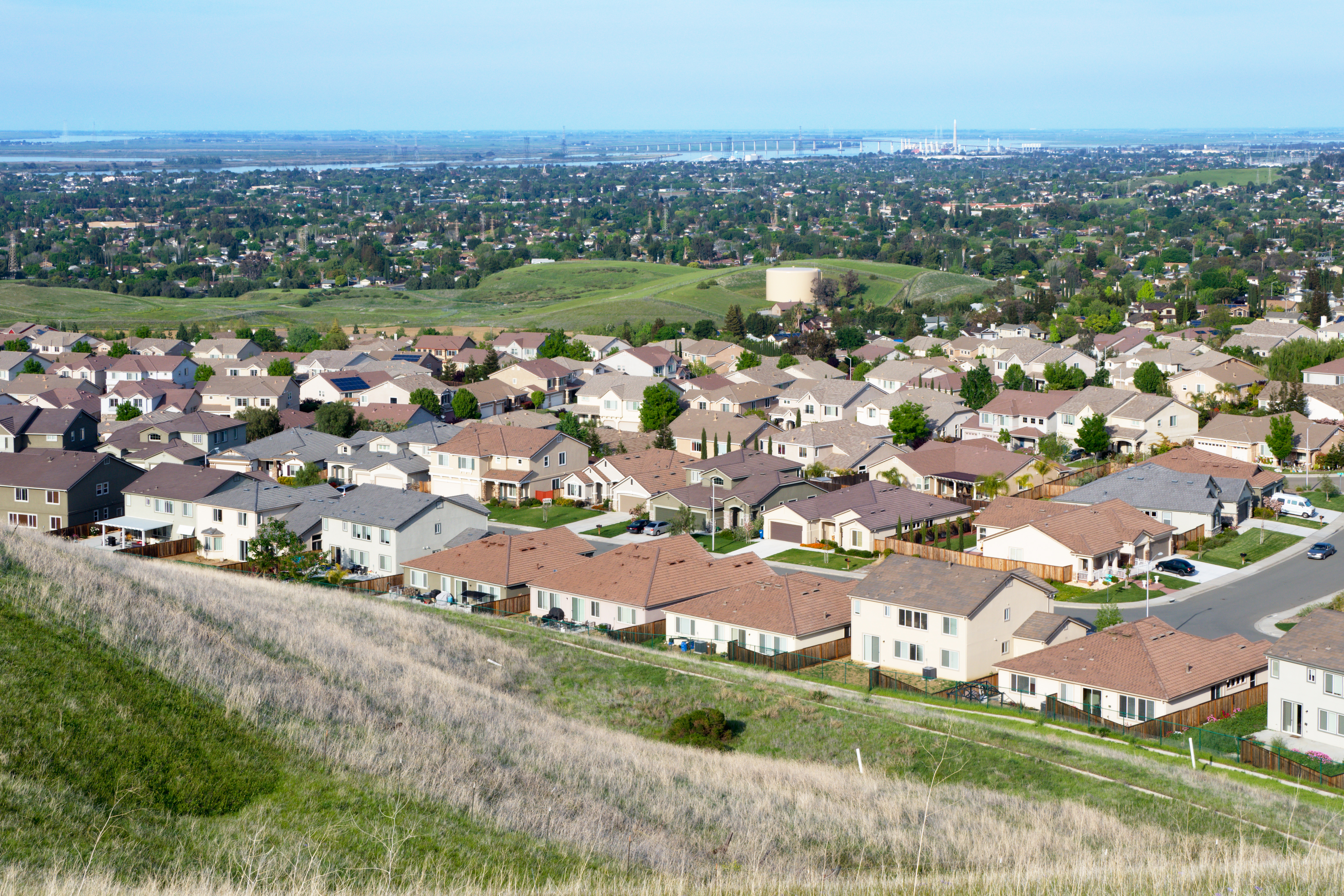The Eleven-Part Feature is the First of KQED’s New Podcast Q’ed Up, Devoted to Storytelling with Heart from the Bay Area

In the Bay Area, many residents are being priced out of its big cities. But where are they going? That’s the question that inspired “American Suburb,” the first series in KQED’s new weekly podcast, Q’ed Up. Reporters Sandhya Dirks and Devin Katayama spent much of the past year following people pushed out of their communities in Oakland, Richmond and San Francisco, as they move to Antioch, a historic town along the Sacramento Delta. As these urban migrants arrive, they are transforming Antioch — once a largely working class, white community — into a new mash-up of race, religion and class. In this quintessential American suburb, people are figuring out how to get along (or not) in their churches, schools and city hall.
Though there has been no shortage of coverage about how gentrification has altered metropolitan communities, very little attention has been paid to the outlying areas where many of the newly displaced have found themselves. Antioch, California, is a microcosm of drastic demographic, economic and cultural shifts happening across the country. “American Suburb” shares the personal stories of Antioch’s residents — both new and old — that together form an updated composite of life in modern American suburbia.
There’s the once-in-a-lifetime star football player, Najee Harris, who’s bringing both new and old high school alumni back to campus on Friday nights; the police chief and crusading attorney at odds over the suggestions of profiling and excessive use of force; the school guidance counselor who discovers a swastika on the door of his church; the members of a Muslim congregation who reopened their mosque after their previous one had been set on fire; and homeless squatters and social servants struggling to find solutions to a growing epidemic of homelessness in a town that has inadequate social services to offer. In these and other storylines, “American Suburb” takes listeners into the ordinary spaces of modern American suburban life and finds extraordinary stories about race, poverty and the desire for belonging.
Q’ed Up
“American Suburb” exemplifies KQED’s aspirations for Q’ed Up, which promises storytelling with heart from the Bay Area. “Q’ed Up showcases our most talented storytellers sharing their best stories,” says Holly Kernan, KQED’s vice president, news. “Devin and Sandhya immersed themselves within the Antioch community to produce several poignant portraits that will resonate not only with local listeners, but with listeners everywhere who are trying to make sense of the economic divides and the effect on our communities.” Over the next several months, Q’ed Up, which is hosted by KQED’s John Sepulvado, will present several seasons of multi-episode stories. “American Suburb” will be followed by the tale of a convicted murderer who spent decades asserting his innocence when he might have been paroled earlier had he admitted his guilt. Q’ed Up will also explore the lives of a growing number of college students who find themselves homeless while they attend classes at some of the best schools in the country.
Q’ed Up is available for download on iTunes, Google Play, Stitcher, NPR One and at kqed.org/qedup.
